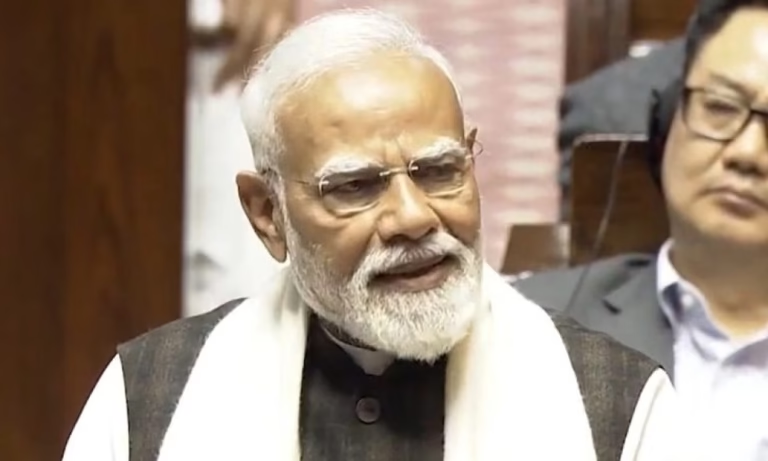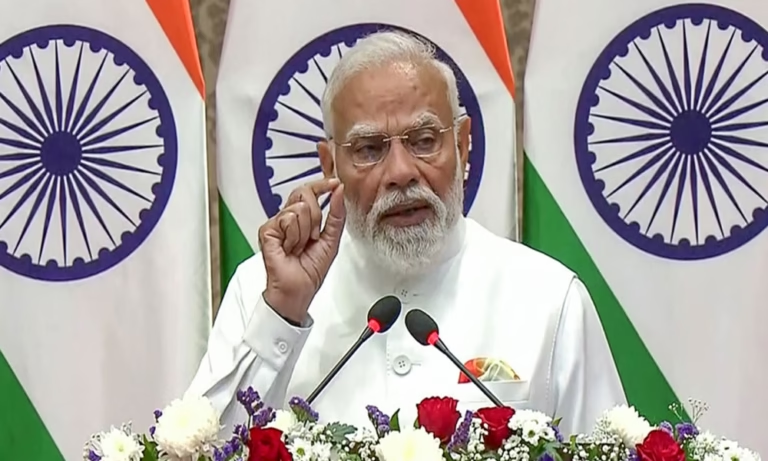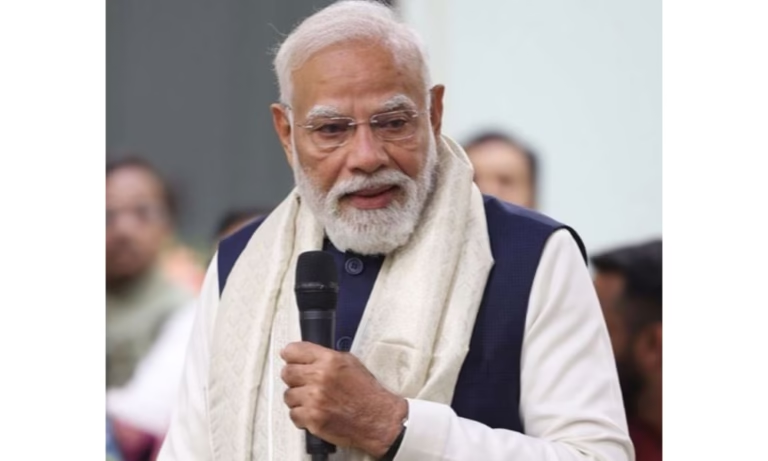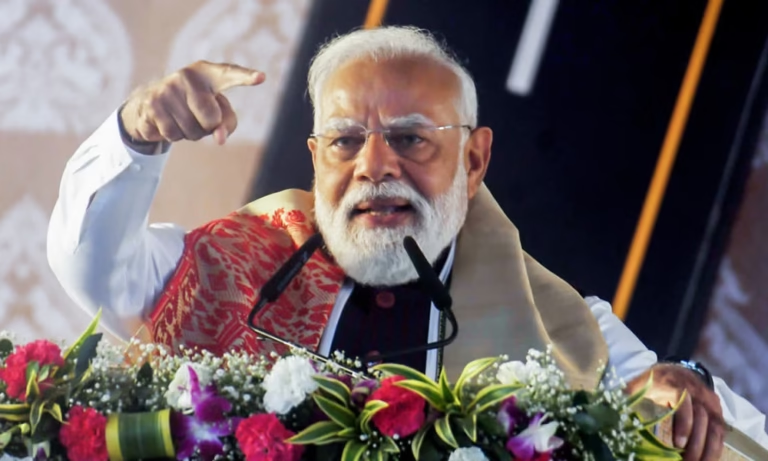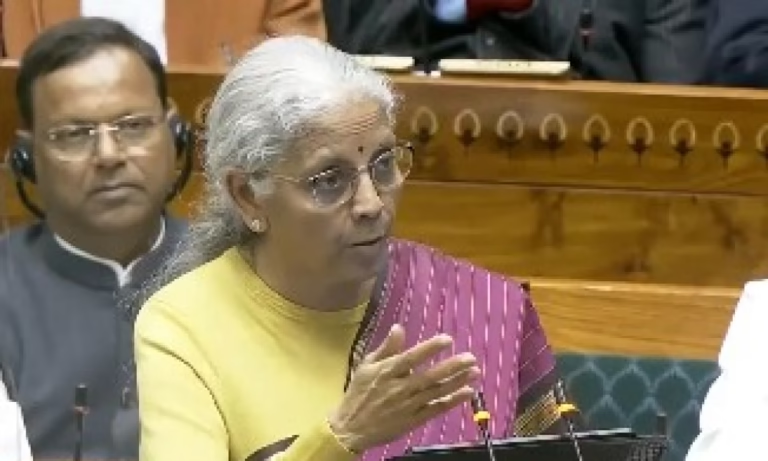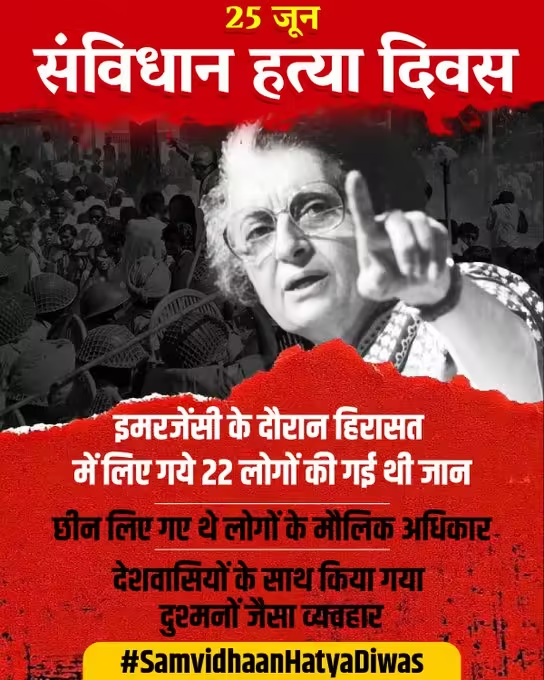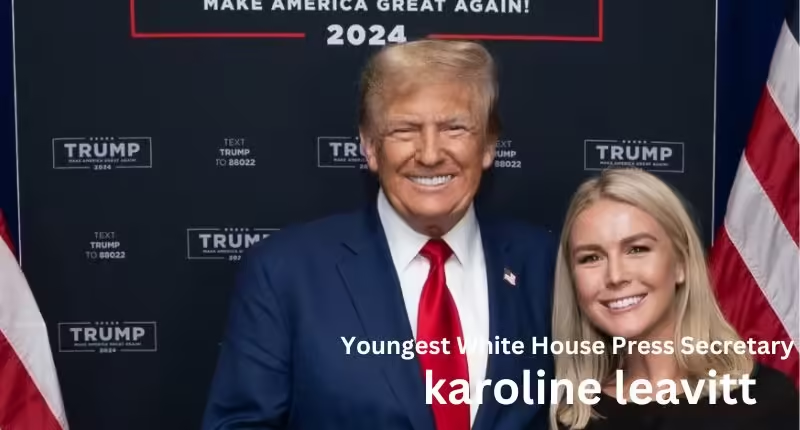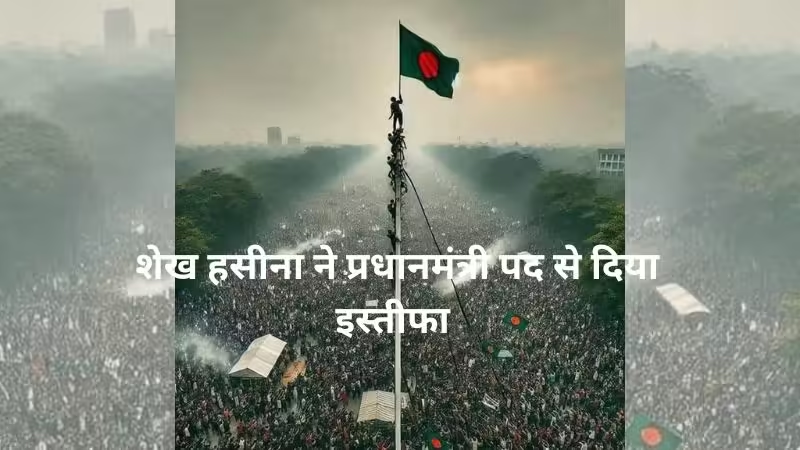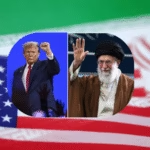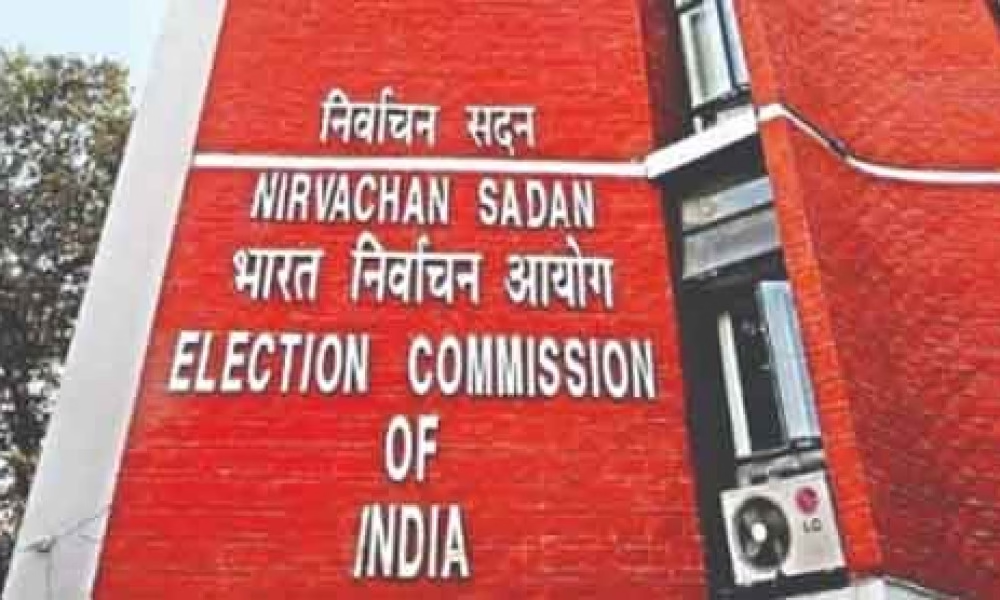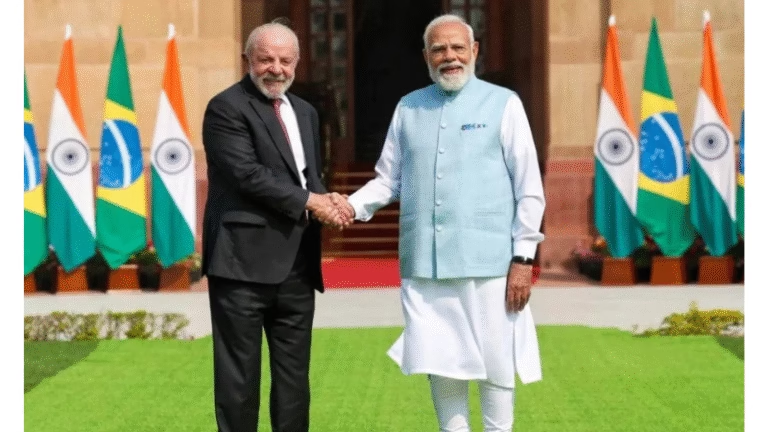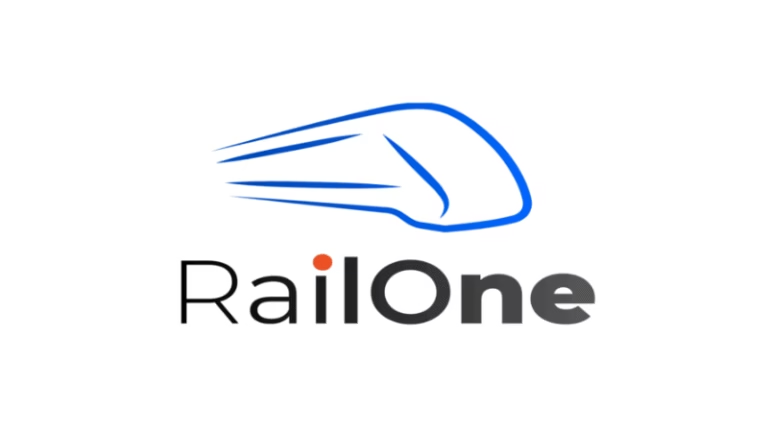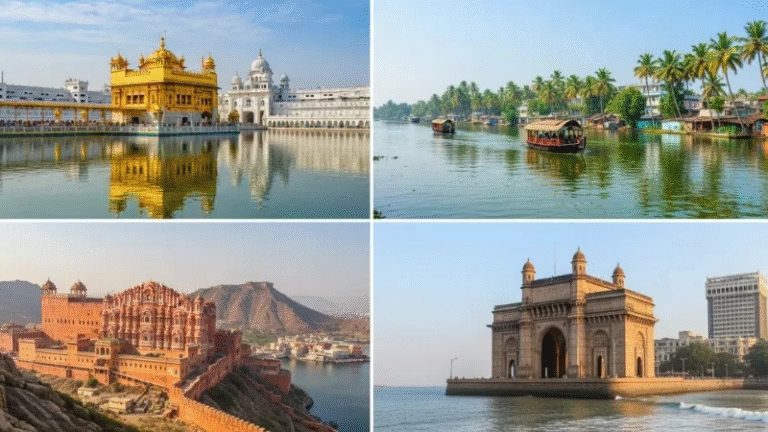Iran’s Reformist Candidate Pezeshkian Wins Presidential Election
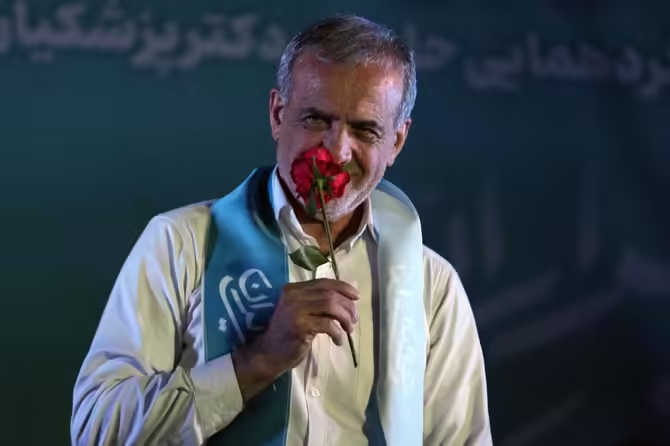
Pic from google
Masoud Pezeshkian
ran’s reformist candidate Masoud Pezeshkian emerged victorious in Saturday’s presidential runoff against ultraconservative Saeed Jalili, announced the interior ministry. Pezeshkian secured over 16 million votes, surpassing Jalili’s 13 million, in a total turnout of 49.8 percent, with more than 600,000 ballots reported as spoiled
دست همه کسانی که پرشور و شعور، خستگی ناپذیر و مصمم، در ستادهای انتخاباتی من با کمترین امکانات و با رعایت اصول و اخلاق سنگِ تمام گذاشتند میبوسم و میدانم که مردم نیز سپاسگزار تلاشهای بی دریغ و بیمنت شما هستند. به ویژه قدردان جوانان غیرتمند و توانمندی هستم که عاشقانه و خالصانه…
— Masoud Pezeshkian (@drpezeshkian) July 6, 2024
Expressing gratitude to his supporters for their “loving” participation in the electoral process, Pezeshkian emphasized unity and collaboration in his victory speech broadcasted on state television. “We extend a hand of friendship to all fellow citizens, leveraging everyone’s contributions for our nation’s advancement.”
The election, triggered by the untimely death of President Ebrahim Raisi, followed a first round marked by historically low voter turnout. Supreme Leader Ayatollah Ali Khamenei had called for increased participation in the runoff, stressing the election’s significance despite lower-than-expected turnout in the initial round, which he deemed not an affront to the state.
The candidacy of Pezeshkian, previously a lesser-known figure, invigorated Iran’s reformist movement, which saw unprecedented support amid longstanding conservative dominance. Former presidents Mohammad Khatami and Hassan Rouhani endorsed Pezeshkian, emphasizing his potential to steer the country towards constructive engagement with the West, particularly in reviving the nuclear agreement to alleviate Iran’s economic isolation.
In contrast, Jalili, known for his firm anti-Western stance as Iran’s former nuclear negotiator, rallied significant hardline support throughout his campaign. The televised debates between Pezeshkian and Jalili highlighted critical issues including voter apathy, economic challenges, international relations, and civil liberties, underscoring their divergent visions for Iran’s future.
Looking forward, Pezeshkian pledged to ease internet restrictions and address contentious social policies, promising comprehensive opposition to police enforcement of mandatory dress codes. His platform resonated with segments of Iranian society grappling with socio-political tensions and economic hardship, signaling a potential shift in Iran’s domestic and international policies under his leadership.
About the Author
Ankita
Author
Meet Ankita, the insightful voice behind a captivating lifestyle blog where she shares stories, tips, and inspirations that illuminate her unique perspective on life."


